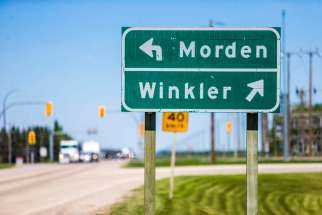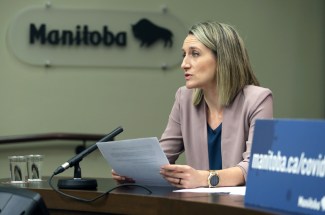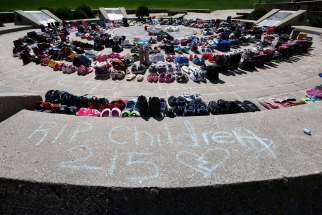Giving them another shot Province expands second dose options for AstraZeneca recipients
Read this article for free:
or
Already have an account? Log in here »
To continue reading, please subscribe:
Monthly Digital Subscription
$19 $0 for the first 4 weeks*
- Enjoy unlimited reading on winnipegfreepress.com
- Read the E-Edition, our digital replica newspaper
- Access News Break, our award-winning app
- Play interactive puzzles
*No charge for four weeks then billed as $19 plus GST every four weeks. Offer only available to new and qualified returning subscribers. Cancel any time.
Read unlimited articles for free today:
or
Already have an account? Log in here »
Hey there, time traveller!
This article was published 30/05/2021 (1306 days ago), so information in it may no longer be current.
Manitobans immunized for COVID-19 with the AstraZeneca vaccine now have a choice when it comes to the type of shot to take for their second dose.
The province will offer a messenger RNA vaccine to people who received AstraZeneca, said Dr. Joss Reimer, medical lead for the province’s COVID-19 vaccine task force.
“We’ll be recommending that your second dose be with an mRNA vaccine, either Pfizer or Moderna,” Reimer said on Monday. “It will be your turn when you meet provincial eligibility for second doses like those who received Pfizer or Moderna.”
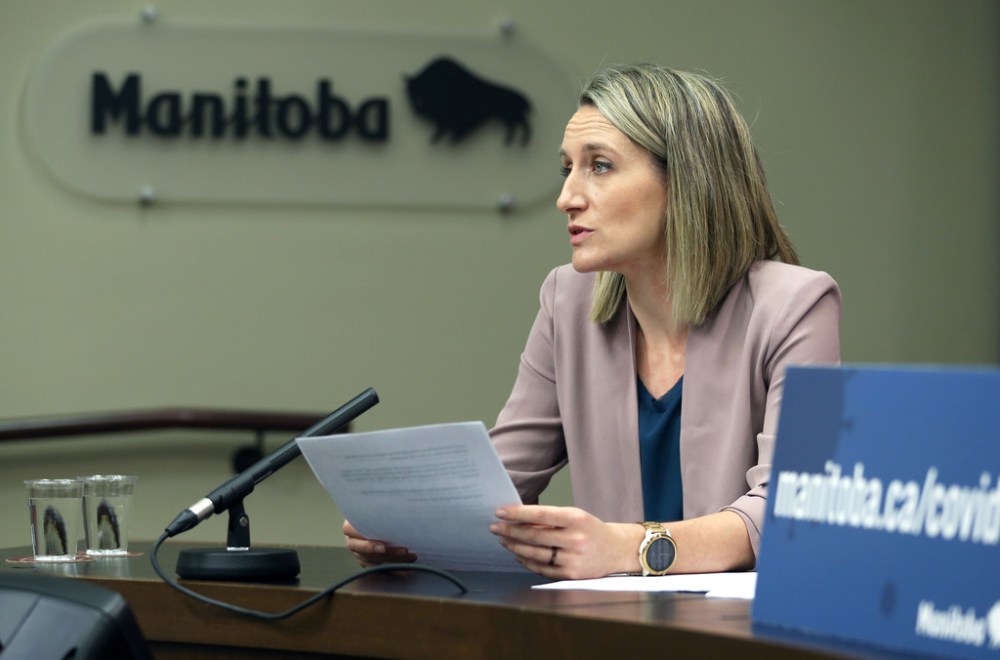
Blood clotting risks linked to AstraZeneca are even more rare following a second shot, she said, adding the province wants to make another option available that’s “even lower risk.”
A supply of about 3,700 AstraZeneca shots remains at medical clinics and pharmacies throughout the province. AstraZeneca recipients can still get the same vaccine for their second dose if they choose, Reimer said.
The task force’s decision was made without formal guidance from the National Advisory Committee on Immunization and before the release of a comparative study by the Oxford Vaccine Group in the United Kingdom.
Results of the U.K. study won’t be available until late June, Reimer said. A smaller study out of Spain that also looked at the effectiveness of mixing the AstraZeneca and the Pfizer vaccine showed people had a “good immune” response.
“This is consistent with what we have seen in vaccines for other diseases as well,” Reimer told a news conference.
In addition, the task force reviewed data from animal trials as well as existing literature on mixing multi-dose vaccines for other diseases that showed the immune response is neutral, or better, than sticking with the same vaccine type.
The task force is recommending the second mRNA dose be given eight weeks after the first AstraZeneca dose. The minimum interval is 28 days.
The goal should be to fully vaccinate as many people as possible for “optimal, long-lived protection” to stop the third wave, said Deanna Santer, an assistant professor of immunology at the University of Manitoba.
“Different types of vaccines have been used for years in experiments to boost immune responses against a bacteria or virus,” said Santer.
“If we end up with mRNA doses in excess compared to AstraZeneca, then it makes sense to get these second shots out to especially those at highest risk of severe disease as soon as possible.”
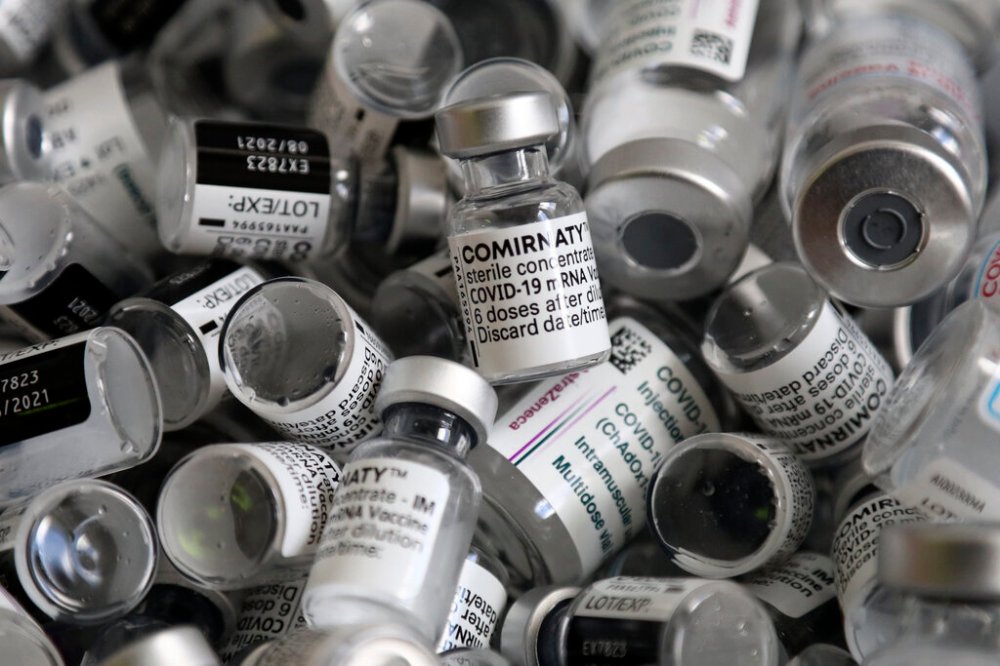
AstraZeneca shots currently in the province will stay with health care providers to offer to people who cannot take an mRNA vaccine due to allergies or if they prefer the viral vector vaccine technology, said Reimer.
Second dose eligibility expanded
Eligibility to book second dose appointments for the COVID-19 vaccine, including AstraZeneca, was extended to people who had their first shot on or before April 8 on Monday.
The Manitoba government announced Monday that people who received the AstraZeneca vaccine would also be eligible for their second doses — as long as general provincial eligibility criteria is met — and recommended they receive either the Pfizer or Moderna shot for their booster shot.
Eligibility to book second dose appointments for the COVID-19 vaccine, including AstraZeneca, was extended to people who had their first shot on or before April 8 on Monday.
The Manitoba government announced Monday that people who received the AstraZeneca vaccine would also be eligible for their second doses — as long as general provincial eligibility criteria is met — and recommended they receive either the Pfizer or Moderna shot for their booster shot.
The province recommends that those who received AstraZeneca for their first shot get a second dose of an mRNA vaccine eight weeks after the first. Manitobans who initially received the AstraZeneca shot can choose to receive the same vaccine type for their booster.
On Tuesday, people who received their first dose on or before April 13 will be able to book their second dose at 11:45 a.m.
All Indigenous people in Manitoba and individuals with specific health conditions are also eligible to book their second dose, as long as they meet the minimum time interval between doses.
For anyone in the eligible groups who received a first dose of the AstraZeneca/Covishield vaccine, the minimum time interval between doses is 28 days.
People can book an appointment online at protectmb.ca or by calling 1-844-626-8222.
People who received either the Pfizer or Moderna vaccine for their first shot continue to be offered the same vaccine type for their second dose.
First doses continue to be offered to Manitobans 12 years of age or older.
Some of that supply had been set to expire on May 31; however, Health Canada on Saturday said it had approved a request by AstraZeneca to extend the shelf life of the vaccine based on data that showed the quality, safety and efficacy of the shots would be guaranteed until July 1.
Another 23,800 doses of AstraZeneca vaccine have been allocated to Manitoba by the federal government and are currently being held by Ottawa until Manitoba requests delivery.
Previously, NACI had said that in the context of supply scarcity, people could be offered a different brand of vaccine for second doses so long as the vaccine used the same type of technology.
“That’s already in place that we can switch between those products if the same product is not available and that’s consistent with NACI as well,” Reimer said, noting Quebec had previously announced intentions to mix vaccine types. Some European countries have also permitted vaccines to be exchanged, she added.
danielle.dasilva@freepress.mb.ca

Our newsroom depends on a growing audience of readers to power our journalism. If you are not a paid reader, please consider becoming a subscriber.
Our newsroom depends on its audience of readers to power our journalism. Thank you for your support.
History
Updated on Monday, May 31, 2021 9:10 PM CDT: Updates last sentence.

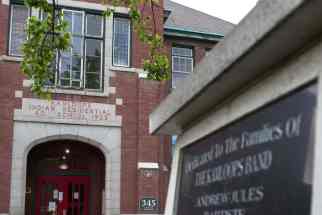
.jpg?h=215)
